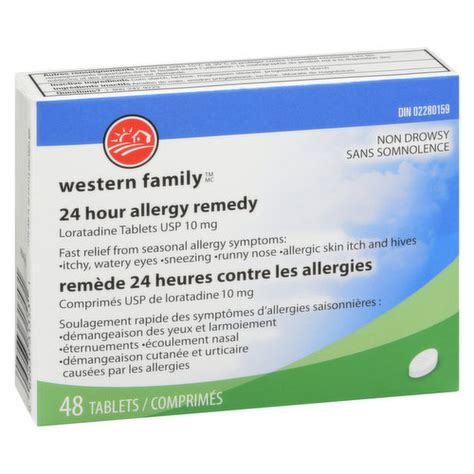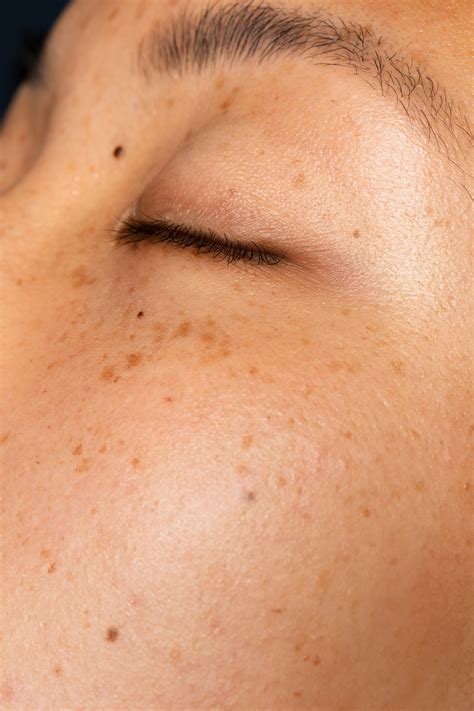Dog Allergies Remedies: Fast Relief Solutions

Dog allergies are a common issue affecting millions of people worldwide. These allergies occur when the immune system overreacts to proteins found in dog dander, urine, or saliva. The symptoms can range from mild to severe and include sneezing, runny nose, itchy eyes, and skin rashes. If you're one of the many individuals suffering from dog allergies, there are several remedies and solutions that can provide fast relief.
Understanding Dog Allergies

Dog allergies are triggered by the proteins Fel d 1 and Can f 1, which are found in the dander, urine, and saliva of dogs. When these proteins become airborne, they can be inhaled and cause an allergic reaction. The severity of the reaction depends on various factors, including the individual’s sensitivity, the amount of exposure, and the presence of other allergies.
Symptoms of Dog Allergies
The symptoms of dog allergies can vary from person to person but often include:
- Sneezing and runny nose
- Itchy, watery eyes
- Red, itchy skin rashes
- Coughing and wheezing
- Shortness of breath
In severe cases, dog allergies can trigger asthma attacks or anaphylaxis, a life-threatening condition that requires immediate medical attention.
Fast Relief Solutions for Dog Allergies

While there is no cure for dog allergies, there are several remedies and solutions that can provide fast relief from symptoms. These include:
Medications
Over-the-counter (OTC) medications such as antihistamines, decongestants, and corticosteroids can help alleviate symptoms. Antihistamines like diphenhydramine (Benadryl) and loratadine (Claritin) can relieve itching, sneezing, and runny nose. Decongestants like pseudoephedrine (Sudafed) can help reduce nasal congestion. Corticosteroids like prednisone can reduce inflammation and swelling.
Immunotherapy
Immunotherapy, also known as allergy shots, is a long-term treatment that can help desensitize the body to dog allergens. This treatment involves regular injections of small amounts of the allergen, which can help reduce symptoms over time.
Avoidance
Avoiding exposure to dogs is the most effective way to prevent dog allergies. If you’re allergic to dogs and don’t own one, it’s best to avoid visiting homes with dogs or spending time in areas where dogs are present. If you do own a dog and are allergic, consider finding a new home for the dog or taking steps to reduce exposure, such as:
- Keeping the dog out of the bedroom
- Using HEPA air purifiers to reduce allergen levels
- Washing hands frequently after petting the dog
- Wearing a mask when interacting with the dog
Natural Remedies for Dog Allergies
In addition to medications and avoidance, there are several natural remedies that can help alleviate dog allergy symptoms. These include:
Quercetin
Quercetin is a natural antihistamine that can help relieve itching, sneezing, and runny nose. It’s found in foods like apples, onions, and garlic, and can also be taken as a supplement.
Nettle Leaf
Nettle leaf is a natural anti-inflammatory that can help reduce swelling and itching. It can be consumed as a tea or taken as a supplement.
Local Honey
Local honey contains small amounts of dog allergens, which can help desensitize the body over time. Consuming a small amount of local honey daily can help reduce symptoms.
| Remedy | Description |
|---|---|
| Quercetin | Natural antihistamine found in foods like apples and onions |
| Nettle Leaf | Natural anti-inflammatory that reduces swelling and itching |
| Local Honey | Contains small amounts of dog allergens, can help desensitize the body |

Prevention and Management
Preventing and managing dog allergies requires a combination of avoidance, medication, and natural remedies. By understanding the causes and symptoms of dog allergies, you can take steps to reduce exposure and alleviate symptoms. If you’re allergic to dogs, consider the following:
Get Tested
Get tested for dog allergies to confirm the diagnosis and determine the severity of the allergy.
Develop a Treatment Plan
Work with a healthcare professional to develop a treatment plan that includes medications, avoidance, and natural remedies.
Reduce Exposure
Take steps to reduce exposure to dogs, such as keeping them out of the bedroom, using HEPA air purifiers, and washing hands frequently after petting.
What are the most common symptoms of dog allergies?
+The most common symptoms of dog allergies include sneezing, runny nose, itchy eyes, and skin rashes.
How can I reduce exposure to dog allergens?
+Reducing exposure to dog allergens can be achieved by keeping dogs out of the bedroom, using HEPA air purifiers, washing hands frequently after petting, and wearing a mask when interacting with dogs.
Are there any natural remedies that can help alleviate dog allergy symptoms?
+Yes, there are several natural remedies that can help alleviate dog allergy symptoms, including quercetin, nettle leaf, and local honey.

